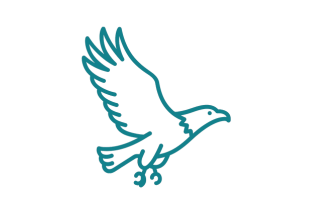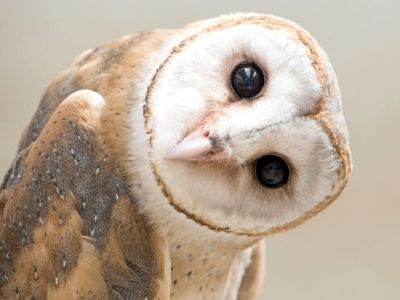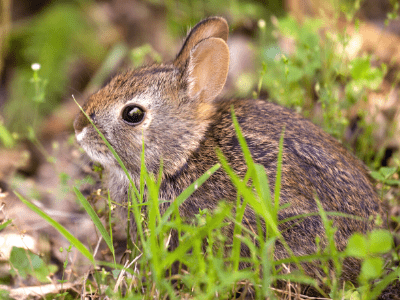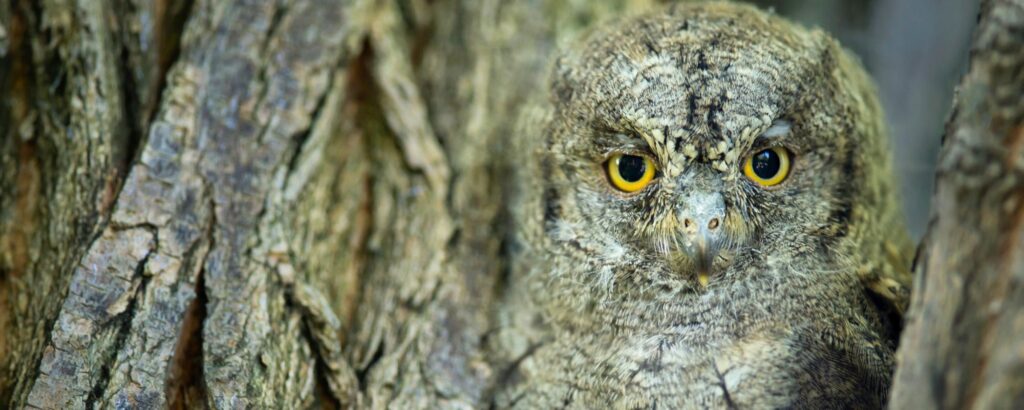
Workshop for schools The Owls
Functions and adaptations of nocturnal birds of prey
In this workshop we bring native nocturnal birds of prey to your school so that students can meet true specialists in silent flight and hunting at dusk. An emotional experience that connects the natural science curriculum with adaptations, food and habitats.

What does the Owls workshop for schools consist of?
This workshop brings owls to your center’s classroom or gym and combines:
- Observation of owls at rest and in action: we will see specimens from 80 g to 2.5 kg, so that students can perceive the diversity in size and adaptations.
- Touching feathers or fur, under supervision: so that students can feel how these animals have adapted to a silent, nocturnal life.
- Students participate in feeding animals (with tweezers and adapted materials) to understand hunting strategies and eating habits.
- We analyze the threats faced by owls and propose real protection actions.
The pace is participatory, adapted to both primary and nursery schools: students participate, observe, think and transform their learning.
Educational objectives and values of the Owls workshop for schools

Stimulate research and curiosity
observe live, ask questions, compare sizes and life strategies.

Analyze ecological relationships
understand concepts of prey, predator and habitat through the world of owls.

Respect for native fauna
value the role of the owl in our natural environment.

Promote attitudes of protection and involvement
become aware of the challenges faced by owls and propose specific actions.

Adaptation for ages of the Owls Workshop
| Educational level | Pedagogical approach | Types of learning |
| Nursery school | Emotion, empathy and amazement at the diversity of night owls. | Experiential and sensory |
| Primary Education | Observation and interaction with owls to understand adaptations and ecological role. | Observational and participatory |
| Compulsory Secondary Education (ESO) and Vocational formation | Not recommended: the activity is too simple for the level and criteria of secondary school work. |

Development and logistics of the workshop for schools The Owls
- Duration: 1 hour, designed to fit into a school session.
- Space: Classroom or gymnasium of the school; we adapt the space so that observation and interaction with the owls is safe and optimal.
- Number of participating species: 8 nocturnal animals selected to guarantee visual learning, direct participation and greater understanding of adaptations.
- Activity structure: Students observe owls at rest and in action, touch feathers and skins under supervision, participate in feeding modeling (with adapted tweezers) and analyze the threats these birds face in their habitat.
- Didactic Dossier: Optionally included — includes worksheets, questionnaires and graphic documentation to work on before or after the classroom. Facilitates the study of concepts such as ‘prey-bird of prey’ and ‘adaptation to the environment’.
- Camp modality: Also available in youth camps in Catalonia to offer an immersive experience.
- Requirements: See the “General Information” section for space required, hours, prices, safety regulations, and logistics with wildlife.

Educational skills worked on
- Scientific and naturalistic competence: delve deeper into nocturnal birds of prey, environmental adaptations and vital functions of owls.
- Social and civic competence: promote care, respect and responsibility towards native nocturnal fauna.
- Competence to learn how to learn: stimulate observation, questioning and reflection on the world of owls.
- Communicative and expressive competence: sharing observations, experiences and discoveries about nocturnal birds of prey and their environment.

Emotional and environmental impact
Nocturnal animals fascinate with their unique adaptations. Students will experience wonder, develop empathy, and understand that these birds of prey face real challenges such as habitat loss.
This experience transforms wonder into commitment: students understand that these animals need our protection.

Animals participating in the workshop for schools The Owls

Scops owl
Supervised feeding activity of the scops owl, the smallest bird of prey in the country: students understand the migration and sensory adaptations of owls.

Long-eared owl
Observation of a species in silent flight and soft plumage; students identify large eyes, flat face, curved beak and adapted claws.

Barn owl
Touch the soft plumage and discover how this nocturnal bird of prey lives, where it hides and why it is in danger.

Tawny owl
Students, equipped with falconry gloves, hold the tawny owl on their hand and have the opportunity to observe the owls’ unique adaptations up close.

European rabbit
Petting a forest mammal that is possible prey for owls: students analyze how it hides and flees from predators.

Little owl
Playful dynamics: cap on, the owl jumps from head to head of the students to make visible the direct relationship with the environment.

Ferret
Students pet the ferret and observe how its elongated body, agility, and forest habitat are part of the owl ecosystem.

Eagle owl
Impacting closing of the workshop: the largest owl in the world that students can observe in a safe and controlled environment.

Viu l’experiència dels rapinyaires nocturns i transforma l’aula en espai de descoberta.
Reserva ara el taller i impulsa l’aprenentatge amb impacte real.